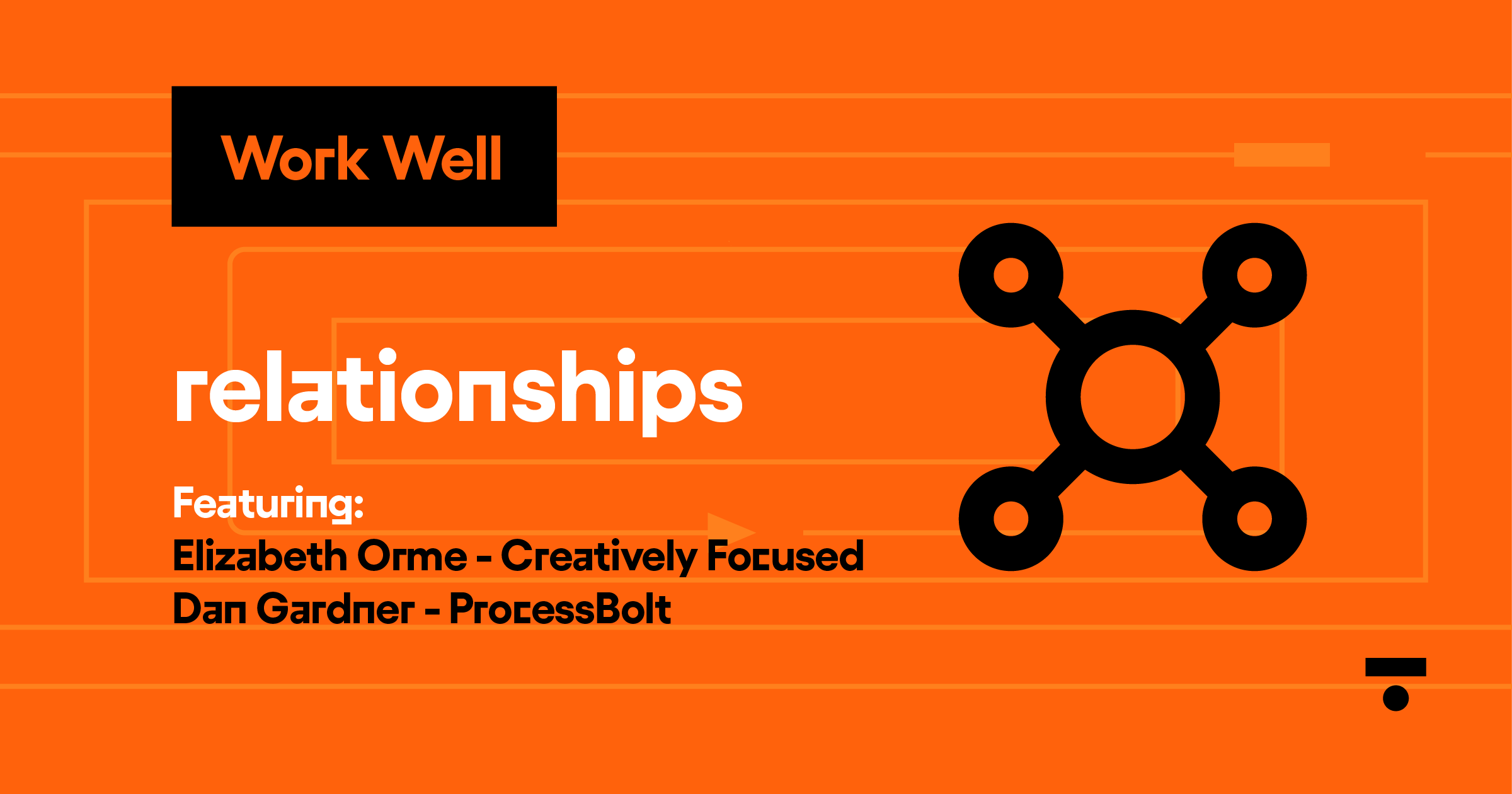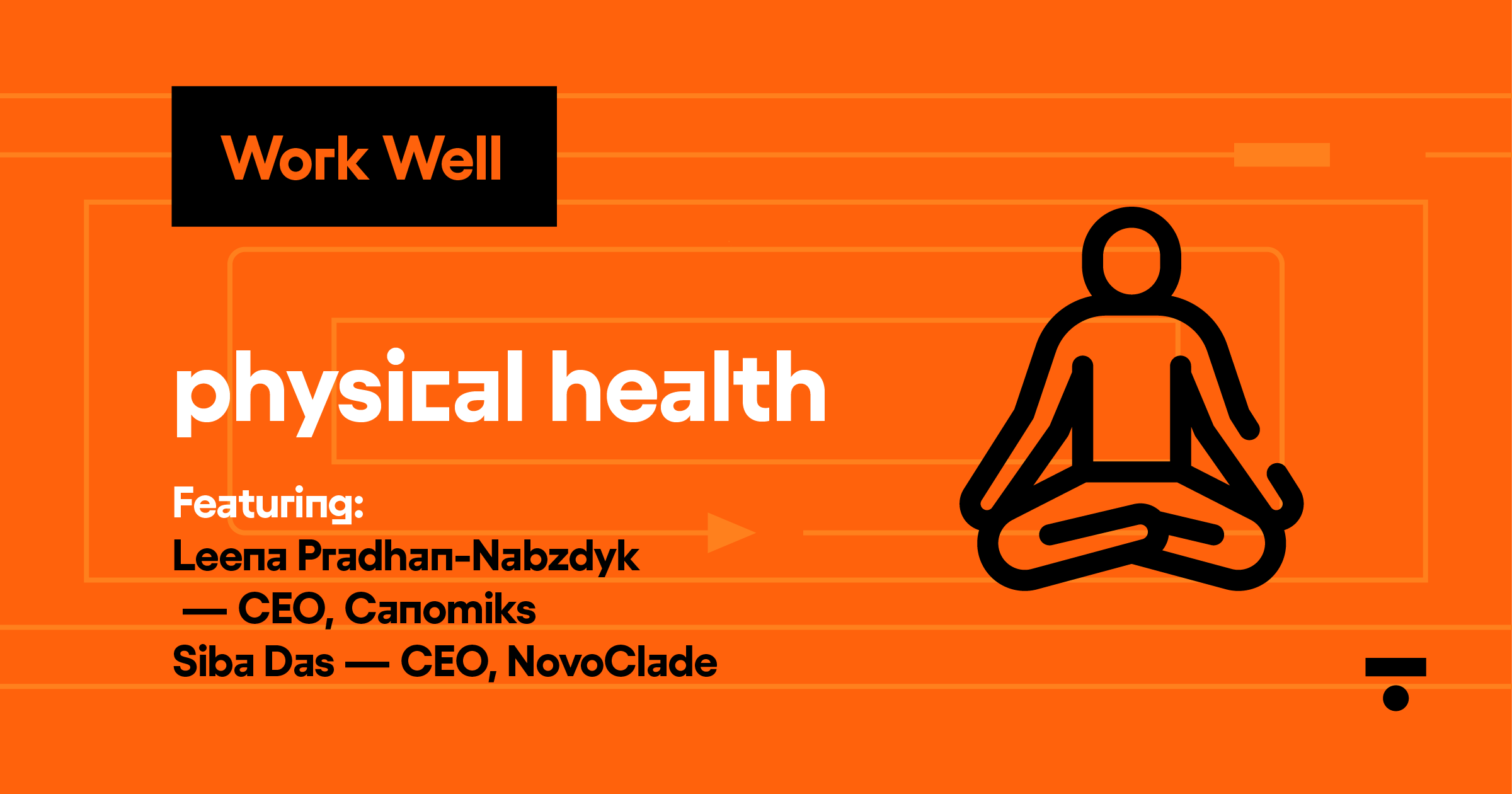When we think of startup founders, we usually focus on their entrepreneurial traits, the moves their companies are making, or what’s next.
What we often overlook is the people around them who support the endeavors or get the side effects of no sleep. How are they affected? How do spouses feel when their partners announce they might be MIA while starting a new company or not getting paid for a while?

Elizabeth Orme
Elizabeth Orme founded Creatively Focused — a rapidly growing company focused on improving experiences for both special education teachers and students — in 2017. Having previously worked as a teacher and special education director, Orme found a new sense of freedom setting her own schedule during the first year.
But once the reality set in and the company started to grow, she realized she had to start living the company culture she had spent nearly a year perfecting.
“A turning point really came when my 4-and-a-half-year-old told me, ‘put your phone down,’” she said. “It’s the personal digs that drive the other pieces.”
So, she started creating “non-negotiables.” One of these is not working weekends.
“I quite literally close my laptop on Friday and don’t open it until Monday morning,” she said. It helps with the “mom guilt” that she used to feel during the week to know that she’ll be there — completely — on the weekend.
“It’s important [for founders] to not be just singularly focused on their own priorities as an entrepreneur, but those in their life as well.” — Sherry Walling, Ph.D.
Dan Gardner of ProcessBolt, a company focused on improving efficiency in vendor risk assessments, agrees that starting a company is, “definitely taxing on relationships.”

Dan Gardner
“It’s hard on the spousal relationship to say, hey guess what, I’m going to start a new company and not get paid shit for several years,” he said. “That’s a tough conversation to have.”
Luckily, Gardner and his co-founder are good friends, so he can combine socialization with work for ProcessBolt (founded in July 2017).
“We hang out with a pretty tight group of friends,” he said. “So hanging out with friends is kind of part of work.”
Gardner and his two teenage daughters also have a few rituals to ensure time together such as watching a television series on Wednesday nights and getting donuts on Saturday mornings.
Quality time like this is important; due to a lot of entrepreneurs placing their extreme focus singularly on a goal, people around them can feel like they’re being ignored, Sherry Walling, Ph.D. and host of the ZenFounder podcast, said.
“It’s important [for founders] to not be just singularly focused on their own priorities as an entrepreneur, but those in their life as well,” Walling said.
“It’s hard on the spousal relationship to say, hey guess what, I’m going to start a new company and not get paid shit for several years.” — Dan Gardner, ProcessBolt
To carve out personal time, Orme and her partner go out for lunch in the middle of the week.

Sherry Walling, Ph.D.
“We called it like a business meeting,” she said. “If we have a touchpoint where I can fill him in on where we’re at and what that means for our family, that really helps.”
Orme also mentioned the importance of straight up communication. To transition from work to family time and — and vice versa — she sometimes takes just a bit of time for herself.
“Sometimes I need to come home and say hey, I need to just peace out for 15 minutes,” she said.
The importance of communication goes a long way when balancing personal relationships with the rigor of running a startup. Next week, we’ll talk with Dario Otero of Youth Lens 360 and Katie Falco of Falco Creative Media on how to prioritize family as entrepreneurs.






